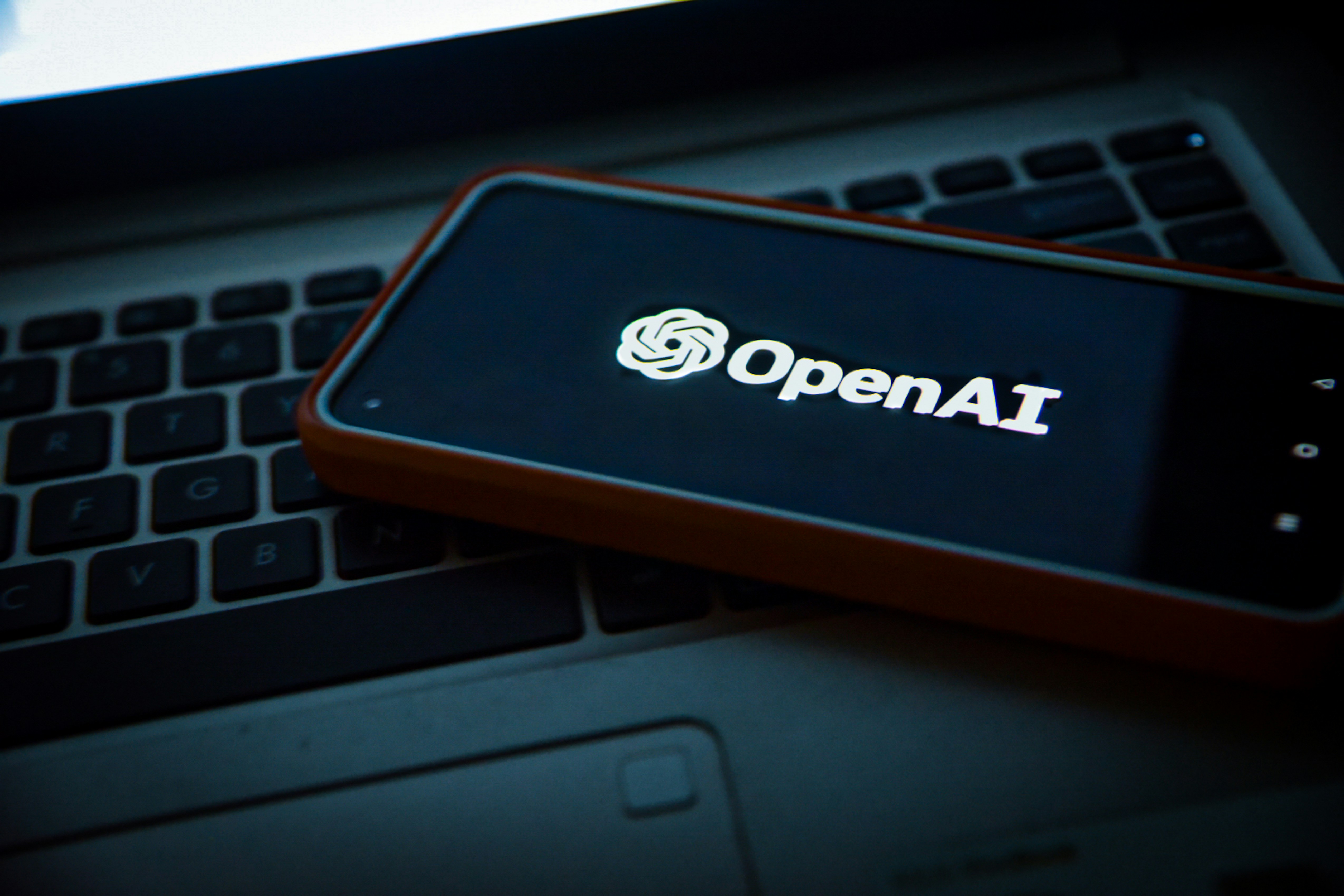OpenAI to take a commission from product sales made directly in ChatGPT
The AI company wants a share of e-commerce sales as it seeks other monetization strategies

OpenAI is looking to monetize ChatGPT by taking a cut from product purchases made directly within the chat interface, according to Financial Times. The report says people familiar with the plans state that OpenAI is actively working on an in-chat checkout experience. This would let users complete purchases inside the platform, and merchants would then pay OpenAI a commission on each sale. ChatGPT’s current setup allows users to finish transactions within the chatbot.
OpenAI has integrated Shopify as a search partner for its shopping features. Listings from other platforms, like Turbify, have also surfaced. These shopping results are displayed directly in response to user queries, turning ChatGPT into a search-and-shop destination that operates much like a conversational storefront.
Currently, product suggestions inside ChatGPT are generated based on relevance to the user’s prompt, as well as any context ChatGPT may have, such as a stated budget or memory settings. While users can click through to external sites, OpenAI hasn’t been earning any commission from those sales.
This may soon change. If OpenAI’s proposed checkout system takes off, it would allow the company to make money from those same shopping queries without users ever leaving the interface. That presents a new monetization path that doesn’t rely on subscriptions or enterprise licensing.
Monetizing the free version of ChatGPT
The company’s existing revenue largely comes from paid subscriptions, including ChatGPT Plus. But maintaining ChatGPT’s scale isn’t cheap. OpenAI spends between $3 billion and $4 billion a year to keep the platform running.
With these costs, there’s growing pressure to diversify its income streams. One of those unexplored areas has been the free tier of ChatGPT, which has millions of users but no direct monetization. By adding a commerce engine into the product and taking a cut of purchases, OpenAI could finally tap into that traffic.
Ads still not ruled out
While e-commerce may be OpenAI’s first new revenue experiment, advertising remains on the table. CEO Sam Altman, in a recent discussion, responded to questions about advertising inside ChatGPT. He said, “We haven’t done any advertising product yet,” but also added, “I’m not totally against it.”
Altman expressed concern that inserting ads into a conversational assistant might undermine user trust. Still, the idea hasn’t been taken off the table. If ads do show up in the future, they could present a new way for brands to reach users inside ChatGPT.
For now, OpenAI’s shopping feature is still in early development. According to The Financial Times, the company and its partners, such as Shopify, have been showing early versions to brands and are discussing potential financial terms.
If OpenAI rolls this out broadly, brands may soon be able to list and sell directly in ChatGPT with payment integration. This would create a conversational commerce experience where product discovery, recommendation, and checkout happen all in one place.

